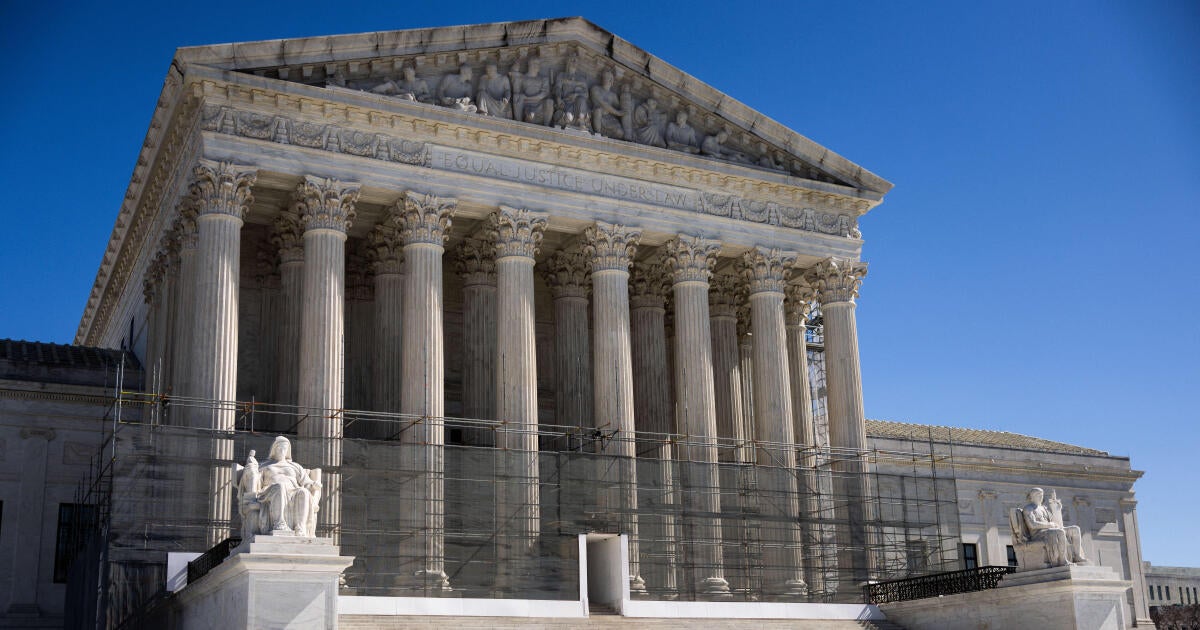Key takeaways:
- In 2019, Colorado enacted a law prohibiting licensed mental health professionals from practicing conversion therapy on minors, responding to concerns about its adverse mental health effects.
- The U.S. Supreme Court has agreed to hear a challenge to this law, brought by a Christian therapist claiming it infringes on her First Amendment rights, highlighting the national debate over conversion therapy bans.
- The case could have significant implications for similar laws in over 20 states, as it addresses the balance between protecting minors’ mental health and upholding constitutional rights to free speech and religious expression.
In 2019, Colorado enacted the Minor Conversion Therapy Law in response to what state officials described as a growing mental health crisis among young people. The law was introduced amidst concerns and evidence suggesting a link between conversion therapy and adverse mental health outcomes. Conversion therapy is a practice aimed at changing an individual’s sexual orientation or gender identity, often favored by some religious conservative groups. The law specifically prohibits licensed mental health professionals from engaging in such practices with minors who may be questioning their sexual orientation or gender identity.
On Monday, the United States Supreme Court agreed to hear a challenge to this Colorado law. The case has drawn attention as it addresses the broader issue of state and local bans on conversion therapy for LGBTQ minors. The challenge was brought forward by Kaley Chiles, a Christian therapist, who contends that the law infringes upon her free speech rights as protected by the First Amendment of the U.S. Constitution. Chiles often works with clients who are Christians and may have questions regarding their sexual orientation and gender identity.
The Supreme Court’s decision to hear this case highlights the ongoing national debate over conversion therapy and its legality. More than 20 states across the country have implemented similar bans on conversion therapy for minors, reflecting a growing consensus among mental health professionals and advocacy groups about the potential harms of the practice. However, the issue remains contentious, particularly among those who view the bans as an infringement on religious and free speech rights.
As the case proceeds, it is expected to draw significant public and legal scrutiny. The outcome could have far-reaching implications not only for Colorado but also for other states with similar laws. The Supreme Court’s ruling may ultimately influence the balance between protecting the mental health of minors and upholding constitutional rights related to free speech and religious expression.



Be First to Comment